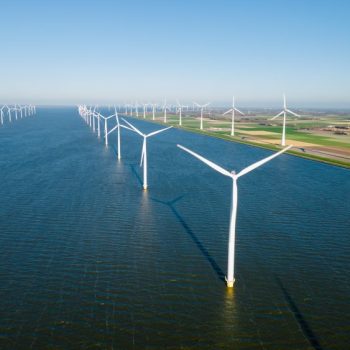
Significance
There are efforts to integrate the reduced carbon emissions from avoided deforestation claimed by voluntary REDD+ projects into national greenhouse gas emission inventories. This requires careful consideration of whether and how much of the reduced carbon emissions can be attributed to projects. However, credible evidence on the effectiveness of such voluntary activities is limited. We adopted the quasi-experimental synthetic control method to examine the causal effects of 12 voluntary REDD+ projects in the Brazilian Amazon. We compared these ex-post estimates of impacts with the reductions in forest loss claimed by those projects based on ex-ante baselines. Results suggest that the accepted methodologies for quantifying carbon credits overstate impacts on avoided deforestation and climate change mitigation.
Abstract
Reducing emissions from deforestation and forest degradation (REDD+) has gained international attention over the past decade, as manifested in both United Nations policy discussions and hundreds of voluntary projects launched to earn carbon-offset credits. There are ongoing discussions about whether and how projects should be integrated into national climate change mitigation efforts under the Paris Agreement. One consideration is whether these projects have generated additional impacts over and above national policies and other measures. To help inform these discussions, we compare the crediting baselines established ex-ante by voluntary REDD+ projects in the Brazilian Amazon to counterfactuals constructed ex-post based on the quasi-experimental synthetic control method. We find that the crediting baselines assume consistently higher deforestation than counterfactual forest loss in synthetic control sites. This gap is partially due to decreased deforestation in the Brazilian Amazon during the early implementation phase of the REDD+ projects considered here. This suggests that forest carbon finance must strike a balance between controlling conservation investment risk and ensuring the environmental integrity of carbon emission offsets. Relatedly, our results point to the need to better align project- and national-level carbon accounting…You could find more about this article to the website pnas.org HERE













